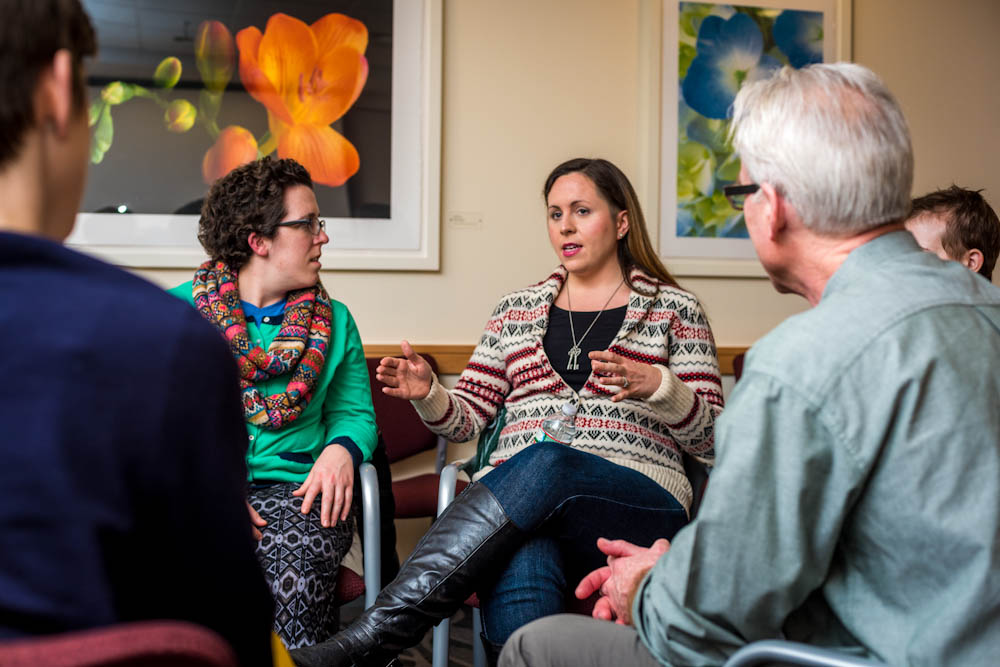
Navigating the dating world is difficult regardless of one’s age or circumstances. But dating or maintaining a relationship as a young adult living with cancer is particularly tricky. How should you tell a potential partner about your disease, and when? How do you maintain normalcy as a couple when you’re planning dates around treatment schedules, or treatment-related side effects?
The Young Adult Program at Dana-Farber recently hosted a Twitter chat for young adults with cancer to discuss these challenges. Here is some of their advice.
Be open about your diagnosis in the beginning, it can help in the long run
Knowing how much to share, even when you’re in a long-term relationship, can be challenging, especially sensitive subjects like cancer-related anxiety or your prognosis. It is always up to you how much information to divulge, but many young adults find addressing cancer early in the relationship ensures that they will have a supportive partner on the bad days. Thinking about what you’re comfortable with sharing before heading out on your first date can be helpful.
Young adult cancer survivor Allie, who vowed to “out date” her ex during cancer treatment, said, “Being open avoids awkward letdowns down the road.” Acknowledging the cancer challenge early gives her a sense of how her date will approach difficulties in the future.
“A person’s approach to life is often reflected by their reaction [to the news] – go with the flow, fear, or avoidance,” said Allie.

Fellow patient Chris agrees: “I am always hyper-aware of that initial reaction. It can say a lot. I appreciate when they are not afraid to ask questions.”
While Chris recognizes cancer-related conversations are hard, “The more you talk, the better.”
“Sometimes it brings relationships closer,” he said. “But it’s also often hard for many other young adults to relate to this experience.”

Remember to have “cancer-free” dates
While cancer is certainly a huge focus of patients’ lives, it’s important to have cancer-free time and try to maintain a sense of normalcy as much as possible. This is especially important in a romantic relationship.
Chris said: “I always make a point to shift the focus off of myself and remember my girlfriend’s experience [of my cancer].”
Read more:
“If you can get through those cancer conversations,” he added, “it can relieve tension and you can get on to normal relationship stuff.”
Fellow young adult Elise acknowledges that a “normal” idea of dating changes when you’re in treatment: “It might just be watching a movie or playing a board game together at home.”
Whatever you decide, dedicate some time to being a couple away from the exam rooms.
Cancer can change what you’re looking for in a relationship
“Cancer has expedited figuring out how to have healthy relationships,” said patient Anna, whose diagnosis helped her realize what relationships she had to let go of and who to get closer to.

Elise said her experience “made me more mature than most young adults have to be, so that changed what I look for in relationships.”

Another young adult, who said she was “always drawn toward fun-loving people,” said her diagnosis meant “positivity became a must-have personality trait” in a partner.
While many young adults may not focus on serious relationships, cancer puts things into perspective for young patients who have to prioritize their health and who may have a different outlook on the future than their peers.
Do you have relationship advice for a young adult with cancer? Share your thoughts in the comments section below, or Tweet us at @DanaFarberYAP.

Great Blog and thanks for sharing this post..